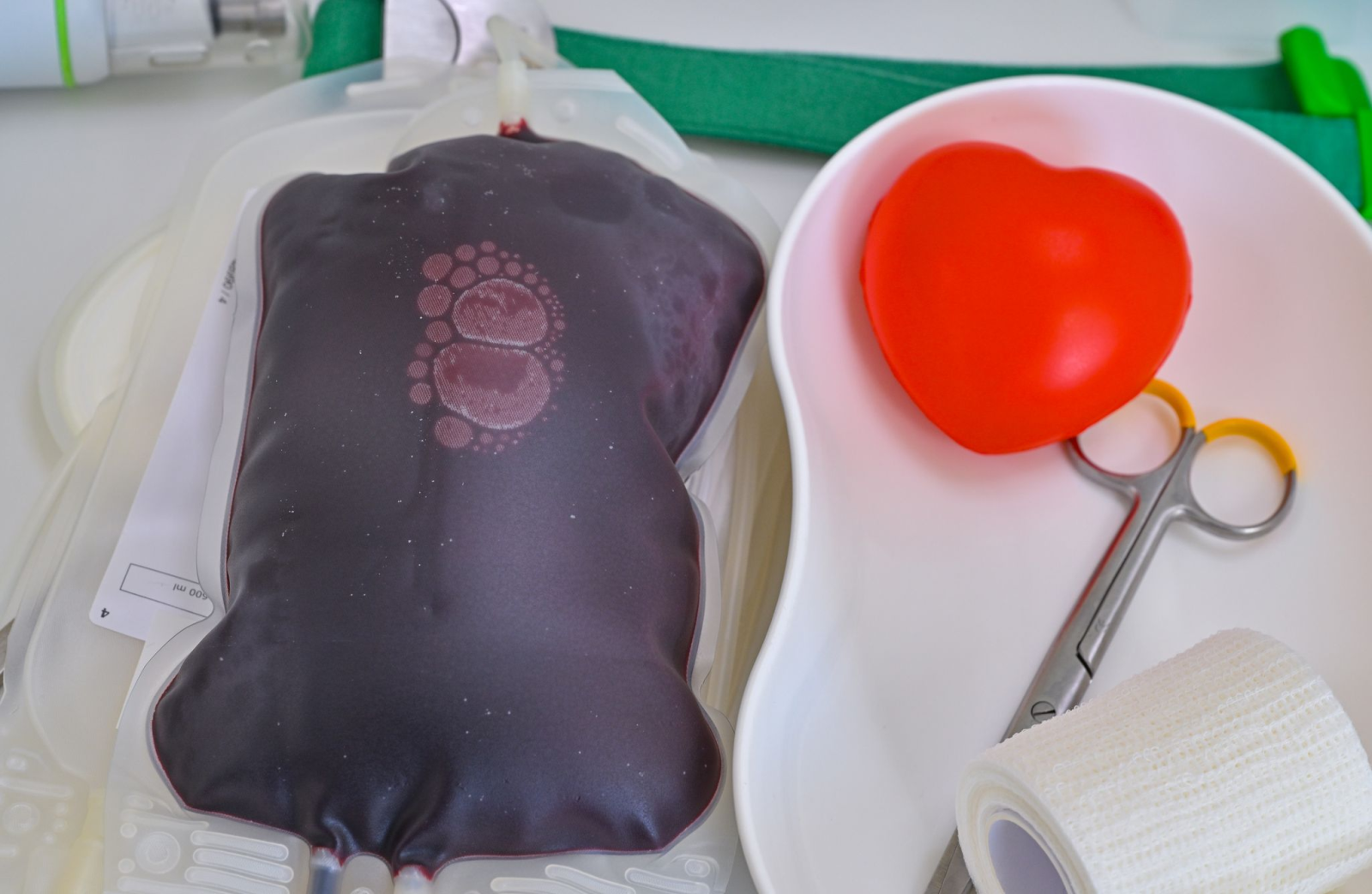The blood donation services in Thuringia are feeling the effects of the summer and holiday season. “In July, the willingness to donate dropped sharply. In the last 14 days, donations were ten percent below target,” said Markus Baulke, head of department at the blood donation service of the German Red Cross (DRK), when asked. Stocks have therefore shrunk significantly. In order to get through the summer, the donation appointments offered must be attended more frequently. The Institute for Transfusion Medicine Suhl and the company Plasmaservice Nordhausen also confirmed this trend.
In general, donations in Thuringia have developed slightly positively over the past five years, said Baulke. While an average of 46 visitors came per appointment in 2022, the DRK recorded an average of 54 visitors per donation appointment in the first half of 2024. The current decline is problematic because of the relatively short storage time for blood: while platelets can only be used for four days, red blood cells have a maximum shelf life of 49 days. The donations are used to meet the needs of the clinics.
A whole blood donation helps up to three people
According to Baulke, the DRK donation appointments are primarily about whole blood donations. Half a liter of blood with all its components is taken via the arm vein and then separated. “One donation can help up to three people because recipients receive the blood components they need in a very targeted manner,” explained Baulke. In 2023, 999 appointments were offered in 259 different locations in the Free State.
In addition to the combination of the holiday season, the European Football Championship and the sometimes high temperatures, the Institute for Transfusion Medicine Suhl (ITMS) had another explanation for the drop in donations in the summer. There is a donation ban for people returning from certain holiday regions with certain health risks. This currently affects, for example, holidaymakers from the Vienna and South Tyrol regions, where various African viruses have emerged, said spokesman Wolfgang Wehner. Donor blood contaminated with pathogens can be dangerous for recipients of blood products.
Willingness to donate in Thuringia is actually high
Normally, the ITMS keeps an average of 3,000 blood units in stock, says Wehner. In the meantime, this number has dropped to around 1,000. “In principle, the willingness to donate in Thuringia is very good, and it would be great if more people came in the coming weeks.” Even compared to the rest of the country, the amount of donations in the Free State is normally quite high. However, due to the increasing average age, it is questionable whether this will remain the case in the future.
The seasonal cut is also noticeable at specialized providers such as Plasma Service Nordhausen, as spokeswoman Janine Protsch announced: While the number of donors has increased over the past ten years, there is currently a slight decline compared to 2023. At present, donations are not always sufficient to meet demand. The EU is therefore dependent on importing plasma from the USA. Blood plasma is used, among other things, to produce drugs against hemophilia (bleeding disorder), to treat immune deficiencies and in intensive care and emergency medicine. Last year, 16,000 donation appointments were offered in Nordhausen.
In principle, any healthy person over the age of 18 can donate blood and plasma. After examining the donor and the blood, a local doctor decides whether the donor is allowed, temporarily deferred or even permanently excluded. According to the German Red Cross, men can donate blood six times and women four times in twelve months, with an interval of at least eight weeks between individual donations. Because the collection is less stressful, plasma can be donated up to 60 times a year. Some providers pay donors an expense allowance, others do not.

